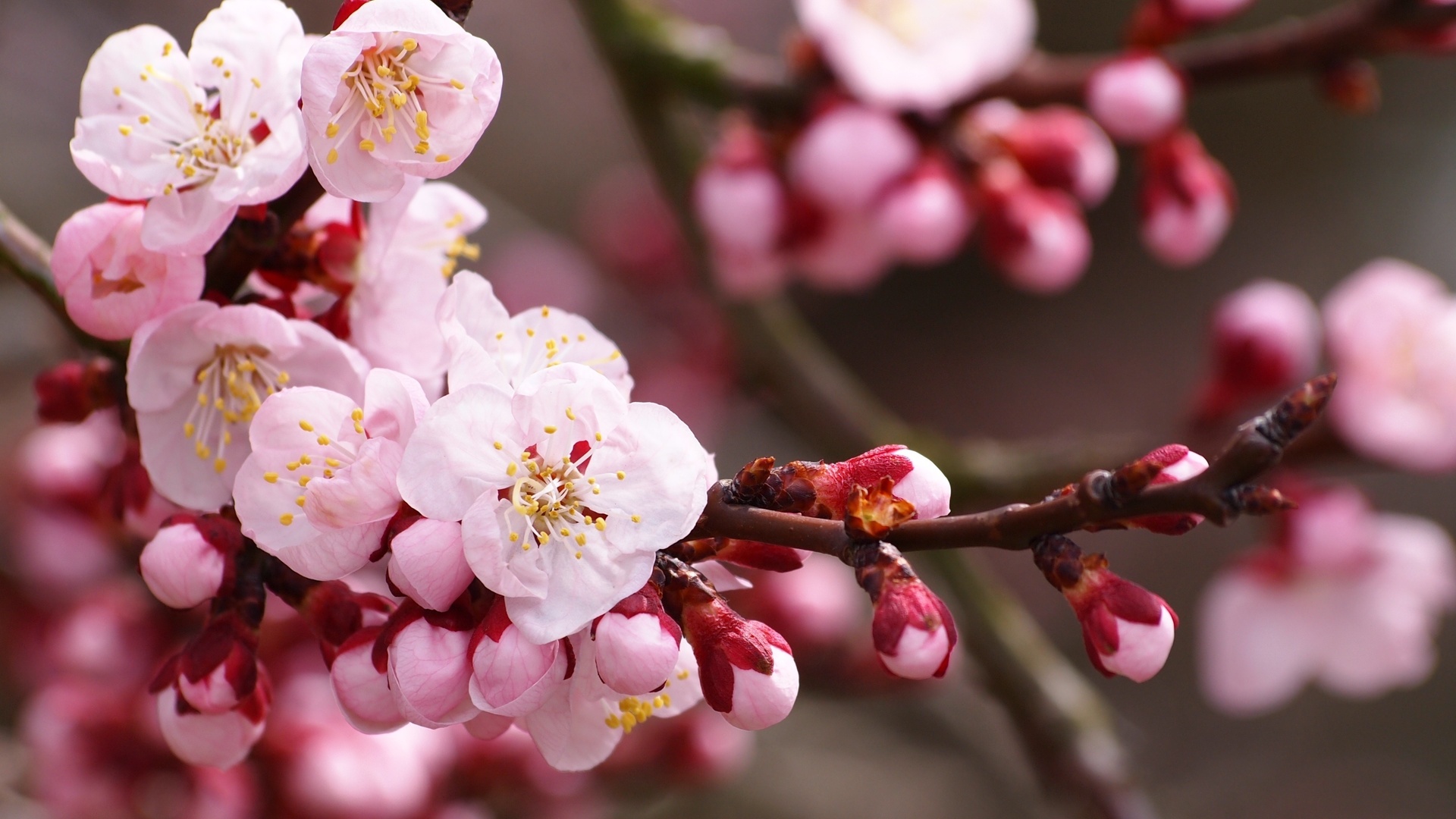黄道吉日用英语表达,Selecting Lucky Days: An English Expression for the Chinese Concept of 'Huangdao Jiyue
- 作者: 网络投稿
- 2025年03月29日 20:06:42
Title: The Significance of Auspicious Days: A Glimpse into the English Expression of "Yellow Calendar Auspicious Days"
In many cultures, there is a deep-rooted belief in the power of time and its influence on human life. This belief is evident in the concept of auspicious days, which are considered to be favorable times for certain activities. One such cultural practice is the use of the Yellow Calendar, a traditional Chinese almanac that provides information about auspicious and inauspicious days. This article aims to delve into the English expression of "Yellow Calendar Auspicious Days" and explore its significance in different contexts.
The English expression "Yellow Calendar Auspicious Days" refers to the favorable days listed in the Yellow Calendar, which is a comprehensive almanac that has been used in China for centuries. The Yellow Calendar is a valuable tool for planning events and making important decisions, as it takes into account various factors such as the moon's phases, the positions of the sun and planets, and other astronomical and astrological elements.

One of the primary reasons why the concept of auspicious days is so important is that it helps individuals and families to choose the best time for significant events such as weddings, housewarmings, and business ventures. By selecting an auspicious day, people believe that they can increase their chances of success and avoid potential misfortunes.
In English, the expression "Yellow Calendar Auspicious Days" can be used in various contexts, such as in discussions about traditional Chinese culture, planning events, or even in everyday conversations. For instance, when planning a wedding, someone might say, "According to the Yellow Calendar, the 15th of this month is an auspicious day for our wedding, so we should go ahead with the preparations."

Another significant aspect of the English expression "Yellow Calendar Auspicious Days" is its connection to the Chinese zodiac. The zodiac is a system of assigning an animal symbol to each year in a 12-year cycle, and it is believed that the animal associated with a person's birth year can influence their fortune. As a result, the Yellow Calendar often takes into account the zodiac signs of individuals when determining auspicious days for their events.

The English expression "Yellow Calendar Auspicious Days" also has implications for the business world. Many Chinese entrepreneurs believe that choosing an auspicious day for the opening of a new business or the signing of a major contract can bring good luck and success. In this context, the expression can be used to convey the importance of timing and the influence of traditional beliefs on modern business practices.
Moreover, the English expression "Yellow Calendar Auspicious Days" reflects the interconnectedness of science and culture. While the Yellow Calendar is based on traditional beliefs and practices, it also incorporates elements of astronomy and astrology. This blend of science and culture highlights the importance of understanding and respecting the diverse ways in which people perceive and interact with the world around them.
In conclusion, the English expression "Yellow Calendar Auspicious Days" is a fascinating way to explore the significance of auspicious days in Chinese culture. By understanding the concept of auspicious days and the role of the Yellow Calendar, we can gain insight into the beliefs and practices that shape the lives of many people in China and beyond. Whether we are planning an event, discussing business ventures, or simply engaging in conversation, the English expression "Yellow Calendar Auspicious Days" serves as a reminder of the enduring power of tradition and the importance of making informed decisions based on a deep understanding of our cultural heritage.





